The European Food Safety Authority (EFSA) recently issued an updated risk assessment on mineral oil hydrocarbons (MOHs) in food, shedding light on critical concerns and gaps in understanding the impact of these compounds on human health.
Related: Activate Formcare® GTL MOSH/MOAH free lubricant for food packaging.
The assessment, released on September 13, 2023, identified MOHs as potential risks in the food supply chain, particularly highlighting mineral oil aromatic hydrocarbons (MOAH) as an area of extreme concern.
MOHs encompass two primary categories: mineral oil-saturated hydrocarbon (MOSH) and mineral oil aromatic hydrocarbon (MOAH). While MOSH was deemed unlikely to raise significant concerns for human health, MOAH raised red flags due to its potential health risks. The EFSA report underscored that MOHs, derived from sources like crude oil, coal, or gas, can infiltrate the food supply chain through various means, including environmental contamination and food production machinery.
This updated assessment builds upon previous findings from EFSA's Scientific Panel on Contaminants in the Food Chain in 2012, which initially highlighted the health risks associated with MOHs. MOSH accumulation in human tissues could potentially harm the liver, while MOAH's capacity to cause DNA damage and potentially lead to cancer was a major concern.
The data gaps regarding MOAH, especially concerning its impact on toddlers, remain a significant challenge. Despite uncertainties stemming from the complex chemical composition of MOH, the EFSA report highlighted the highest levels of MOHs in vegetable oils, posing a considerable risk to young individuals, particularly infants consuming infant formula.
In response to these findings, EFSA provided recommendations targeting improved methodologies for analysing and understanding MOSH sources and effects on human metabolism and tissue accumulation. For MOAH, the emphasis was on gathering more data regarding its composition based on aromatic ring numbers, understanding oral toxicity for specific MOAH variants, and evaluating its potential influence on genetic damage and cancer.
EFSA's recommendations are crucial for public health authorities and policymakers in shaping regulations around MOHs in food. The European Commission (EC) is currently deliberating on establishing maximum allowable levels of MOHs in specific food items, taking into account EFSA's findings and recommendations.
In parallel to these regulatory shifts, companies like Activate have swiftly responded to impending European legislation banning MOSH and MOAH in food packaging by innovating solutions to address concerns raised by manufacturers. Activate's newly developed product, Formcare® GTL, not only ensures compliance with mineral oil regulations but also offers a competitive edge in performance.
Formcare® GTL has undergone rigorous testing and validation, gaining traction among major manufacturers and big-brand Quick Service Restaurant (QSR) suppliers in rim forming and mould release applications. Its attributes include reduced lubricant usage by up to 25%, enhanced production precision, and minimal lubricant residue, meeting the imminent European legislation while offering tangible benefits to manufacturers.
This market-ready solution, available in convenient delivery sizes across the UK and Europe, not only meets regulatory requirements but also positions companies ahead of the curve, demonstrating proactive measures to meet consumer demands and impending legislation.









